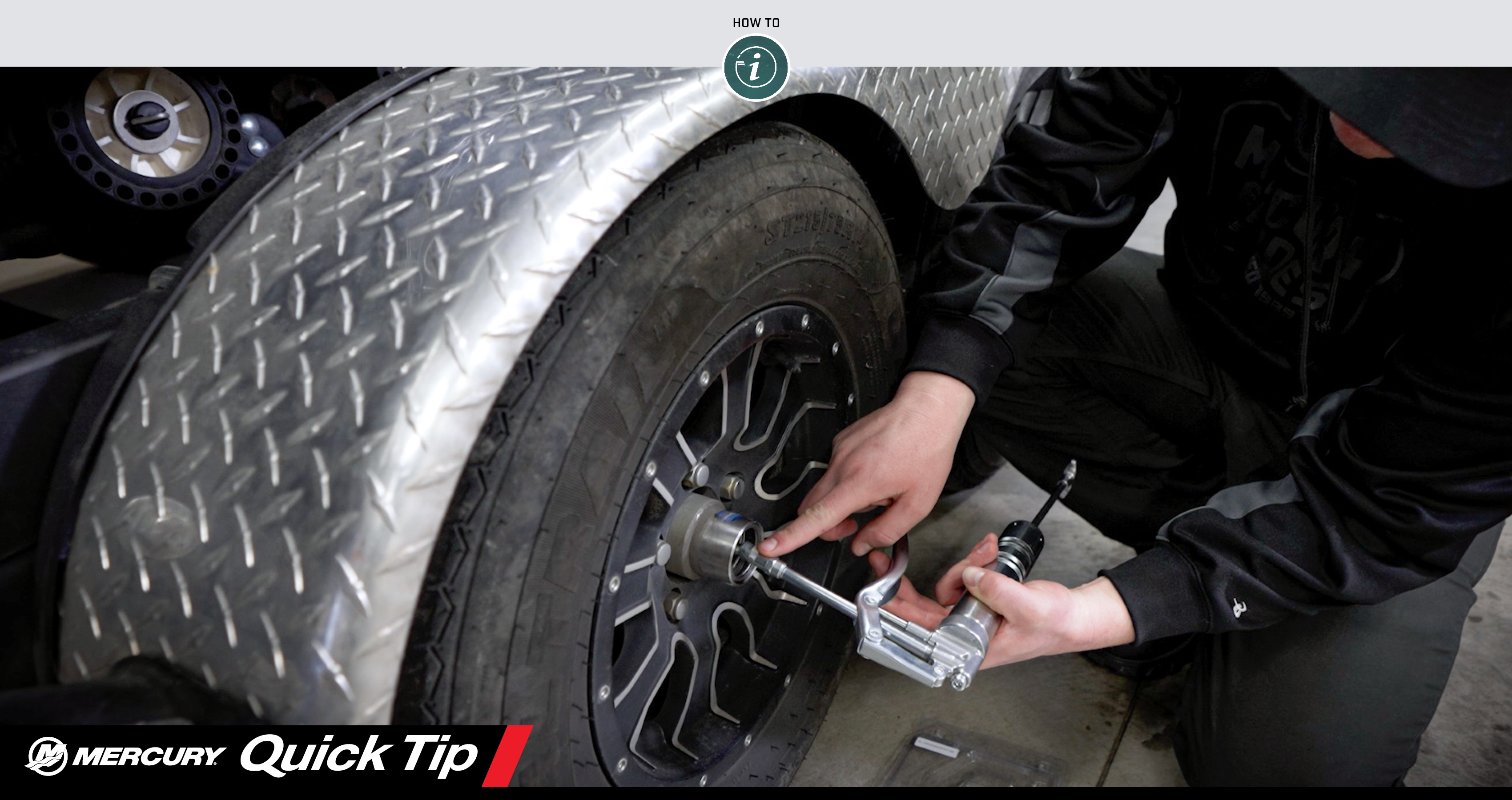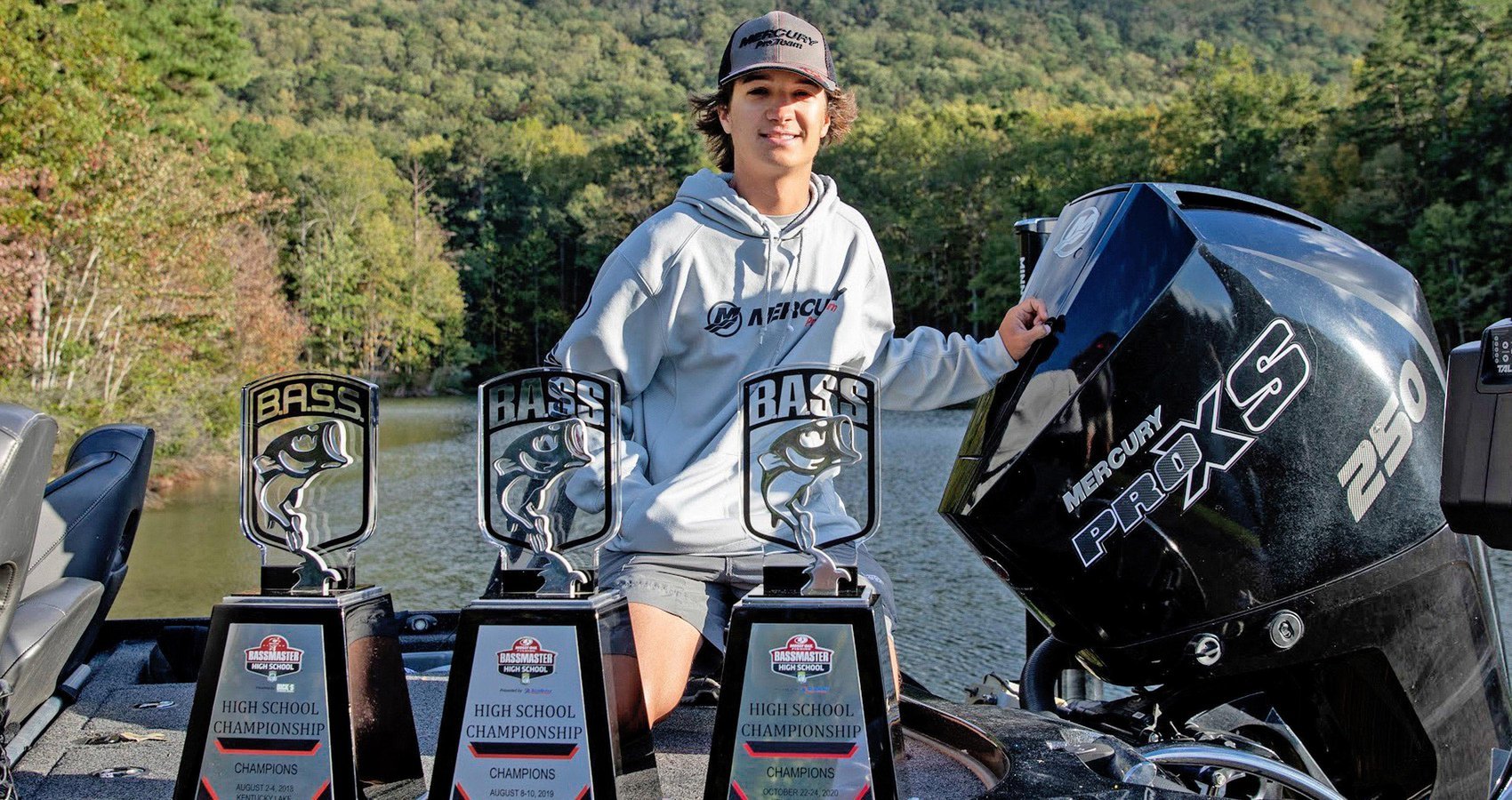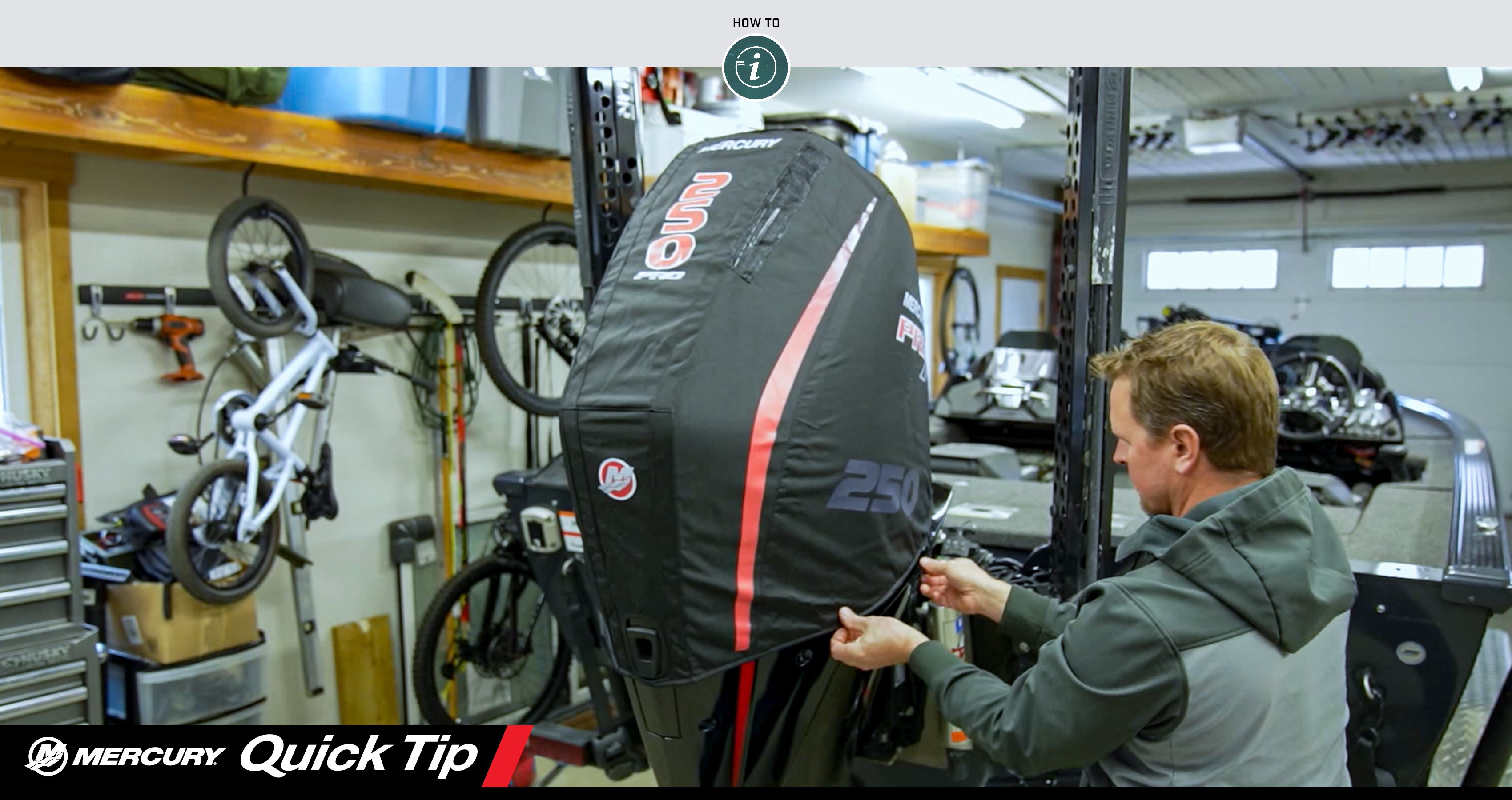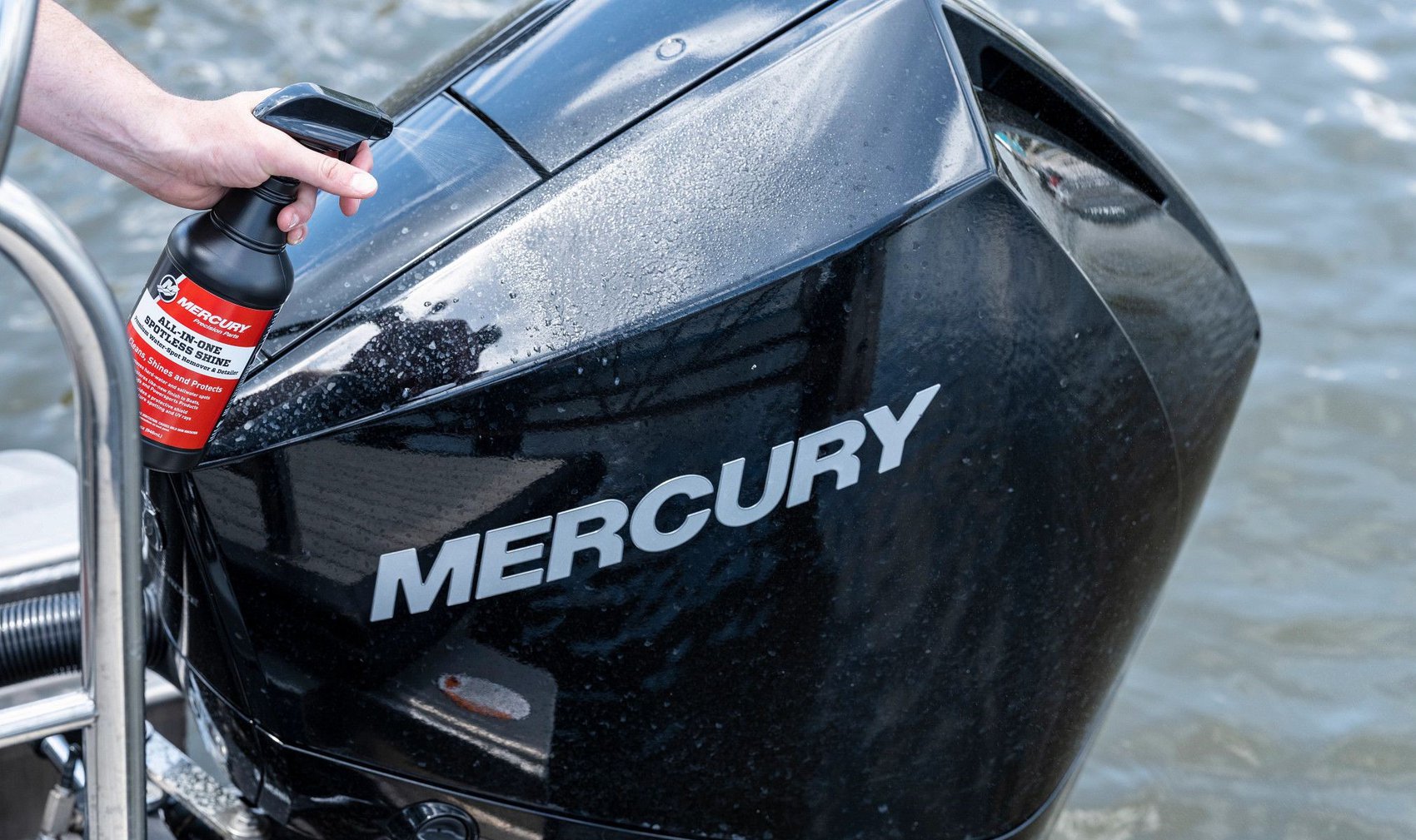Mercury Pro Team member Todd Hollowell is well known for being a professional bass angler and co-host of the FLW LIVE broadcast and TV show. What few of Hollowell’s fans know is that he also has a day job as an agent with the Ray Insurance Group in Fishers, Indiana. While Hollowell handles many types of insurance policies, when it comes to helping clients get the best coverage for their boats, his lifelong experience with boating and fishing serve him well.
“I think most people have boat insurance,” Hollowell said. “The issue lies in the fact that many people don’t know if their boat is insured properly.”
He offered the following boat insurance tips to help more people purchase the proper coverage.
1. Cover the Entire Package
If the boat has a trailer, make sure that the boat, motor and trailer are all covered by the insurance policy. Some insurance companies will cover them separately or will include only the boat in the policy. In other cases, your insurance agent might not realize you have a trailer that needs to be covered in addition to the boat and motor. Start the conversation with your agent by providing the full details of your boating rig.
2. Choose the Right Type of Policy
There are three types of boat insurance. Discuss all three with your agent so that he or she can help you evaluate which one is best for your individual needs.
They are:
Actual Cash Value (ACV): This is a common type of insurance policy that allows for depreciation of the vessel. The important thing to know is that once you take ownership of a new boat, it becomes a used boat – even on the day you drive it away from the dealership. If you have financed the entire boat purchase, an ACV policy can leave you in the position where you have negative equity in the boat in the event of a total loss since it will only pay back the current value – or the amount you could get if you sold the boat – and not necessarily the full replacement cost.
Agreed Value: With this type of policy, the insurance company agrees to insure the boat to a value that has been documented by a sales invoice or appraisal. An agreed value plan is always a great option because it ensures you have coverage for the amount you actually paid for the boat. Be careful, however, because this type of coverage often comes with a time limit. In addition, if you upgrade your boat by adding a new custom part or electronics, or you repower it with a new Mercury Pro XS outboard, it’s important to get a written appraisal for the vessel’s new value and take it back to your insurance agent to renegotiate the agreed value listed in your policy.
Replacement Value: A handful of insurance companies offer full replacement value, but usually for a limited amount of time, like one or two years. The replacement value, which takes inflation into account, can be more than the price originally paid for the boat.
“Let’s say you purchase a new 21-foot Phoenix PHX boat with a Mercury 250hp Pro XS outboard, like the one I’m going to pick up this week, and the invoice for the boat and motor is around $75,000,” said Hollowell. “If the boat is stolen or totaled by a hurricane and you have an agreed value policy, your insurance policy will cover your loss up to $75,000. But, if it happens two years from now, the price of a new Phoenix/Mercury combo might have gone up to $78,000 due to inflation, so you would be out $3,000. With a replacement policy, however, your insurance agency would cover the entire replacement cost.”
3. Cover Expensive Gear, Too
If you have a lot of expensive gear on your boat, consider purchasing a specialty insurance policy from a carrier that understands the marine market.
“Being a professional angler, I typically am carrying $10,000 to $20,000 worth of fishing and boating gear in my boat,” Hollowell said. “Specialty policies cover equipment like this, so you don’t have to file a homeowner’s insurance claim if someone steals your gear.”
The downside of claiming fishing and boating gear on a homeowner’s policy, Hollowell adds, is that the homeowner’s insurance rate will go up, and it’s usually two to three times more expensive than a boat insurance policy.
4. Carefully Inventory and Assess
Whether or not you choose a specialty policy, it’s important to inventory the gear and equipment in the boat and keep the list up to date.
“Set all of your rods, reels and tackle in one place and shoot a 30-second video of it, then email it to yourself,” Hollowell said. “That way, if you have a theft or loss due to a storm, you’ll have an accurate record to include with your insurance claim.”
Take it from a pro: Even if it costs a few dollars more, the right boat insurance policy will give you peace of mind that you’ve properly protected your investment – and your pride and joy.




